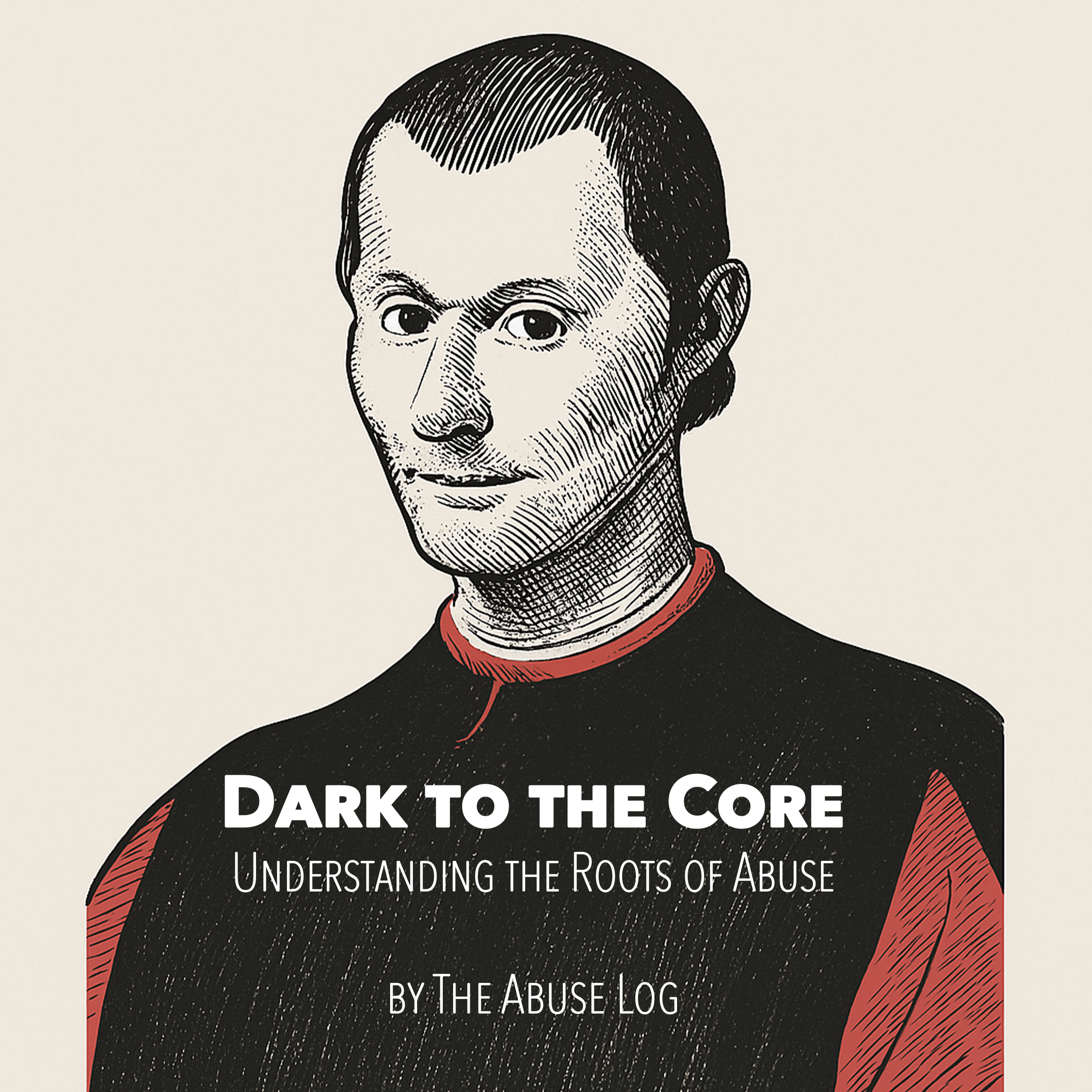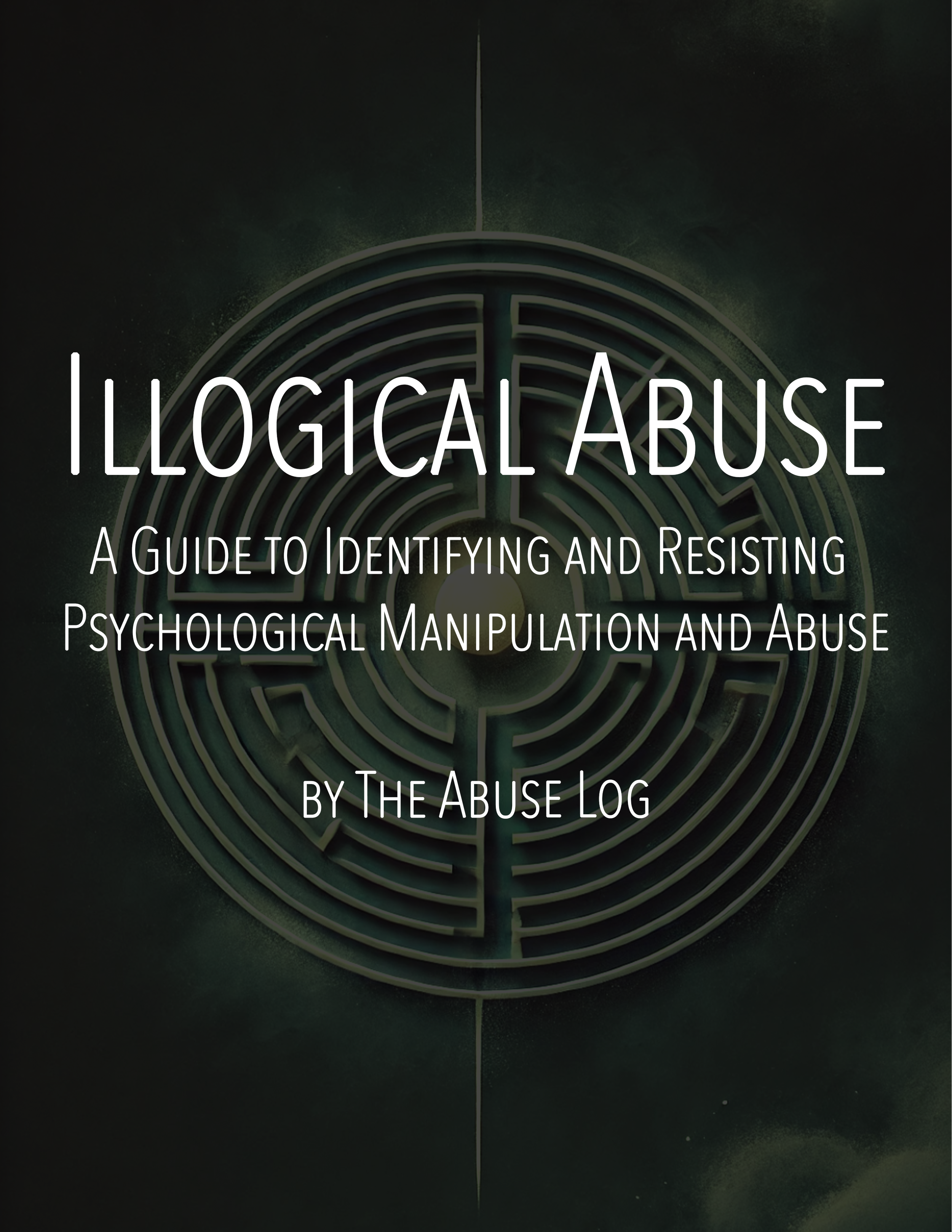Scammers Are Exploiting Vulnerable People in Toxic Relationships
In the digital age, scammers are constantly finding new ways to exploit vulnerability, particularly by preying on those in emotionally charged and toxic relationships. A disturbing trend has emerged where these scammers specifically target individuals entangled in abusive dynamics, especially involving narcissistic abuse. By tapping into the unique pain, confusion, and desperation in these relationships, they offer services that promise to "reveal the truth" about a partner’s actions by supposedly giving access to private information, like messages and photos, often through illegal means. However, these "services" are nothing more than a web of deceit designed to exploit victims financially and emotionally, all while pushing them towards illegal actions that can entangle them in even deeper problems.
By tapping into the unique pain, confusion, and desperation in these relationships, they offer services that promise to "reveal the truth" about a partner’s actions by supposedly giving access to private information, like messages and photos, often through illegal means.
In this article, we’ll unpack how these scams operate, why they are illegal, and what you can do to protect yourself from falling into their trap.
1. The Alluring Promise: Catching Your Partner in the Act
For someone feeling betrayed or confused in a relationship—especially one clouded by narcissistic manipulation and gaslighting—scammers know exactly how to hit where it hurts. They craft promises that speak directly to the deep-rooted suspicion and pain someone may feel toward a partner who’s deceitful or manipulative. Often, they frame their service as a way to finally catch that partner “in the act” with bold, enticing messages such as:
“Do you know you can link your phone remotely with your partner’s phone and gain full access to all his/her social media accounts, photos, videos, and even his/her messages without any notice…”
To someone suffering under the weight of mistrust and manipulation, this message is irresistible. The thought of finally “gaining proof” of suspected infidelity or betrayal might feel like the key to understanding and reclaiming a sense of control. Scammers understand this appeal and make it seem as if the promised “service” is a lifeline, a shortcut to a truth that’s been carefully hidden by the partner.
However, this promise is a smokescreen. Rather than providing answers, scammers exploit the desperation and vulnerability of those looking for clarity, ultimately stealing their money, personal information, and, in some cases, infecting their devices with malware.
2. The Reality: Financial and Emotional Exploitation
The path to devastation often begins with a single response. Once an individual engages with these scammers, they’re typically pressured to make a payment upfront, with promises that the “service” is only moments away from unveiling their partner’s secrets. But these payments rarely end at a one-time fee. The scammer might claim that “more access” or “better information” requires additional funds, or that special tools are needed to “unlock” the next level of insight. For some, this process continues until significant amounts of money are spent, and often, personal data or remote access to devices has been granted to the scammer.
But the damage doesn’t stop with lost funds. Scammers play on the victim’s existing shame and embarrassment, leveraging these emotions to ensure that many won’t report the scam. By keeping their victims entangled in cycles of guilt and fear of legal repercussions, they leave them worse off financially and emotionally than before, with no real answers to show for it.
3. The Legal Risks of Digital Spying
Scammers rarely, if ever, mention that their services are illegal. The desire to uncover “the truth” about a toxic or abusive partner is powerful, but it often blinds people to the reality that accessing another person’s private information without consent is a serious violation of privacy laws. No matter the partner’s behavior, the law doesn’t permit unauthorized access to someone else’s accounts, messages, or devices.
Unauthorized digital spying—such as accessing private social media accounts, reading text messages, or viewing photos without the owner’s consent—constitutes hacking and privacy violation in many jurisdictions. If caught, the person seeking out these services can face charges, fines, and even jail time. The fact that they’re in a difficult relationship doesn’t exempt them from legal consequences.
Most scammers gloss over this detail, downplaying or completely ignoring the risks. They might even claim that their “service” is safe or untraceable. But the truth is, there is no safe way to spy on someone’s phone or private accounts without legal repercussions.
4. Why Victims of Narcissistic Abuse Are Targeted
Scammers are adept at identifying patterns of vulnerability. They’re keenly aware that people in narcissistic or emotionally abusive relationships are often in a state of emotional chaos, worn down by manipulation, lies, and gaslighting. Over time, these tactics create deep-seated mistrust and insecurity, leading some individuals to seek ways to “catch” their partner in a lie to validate their own feelings.
Scammers use this emotional turmoil to their advantage, positioning their “services” as the solution for “finally getting proof.” For someone who has been repeatedly told they’re imagining things or that they’re overly suspicious, the idea of gaining irrefutable evidence of their partner’s behavior is a powerful hook. But rather than providing answers, these scammers only amplify the cycle of deception and betrayal, leaving the victim with even more pain and self-doubt.
5. How to Protect Yourself from These Scams
If you’re in a painful, toxic relationship and feel drawn to these so-called “services,” take a moment to pause and consider the risks involved. Here are some ways to protect yourself:
• Recognize the Red Flags
Messages promising access to someone’s private information without their consent are almost always scams. Remember, legitimate private investigators and legal advisors will never suggest illegal hacking or spying.
• Know Your Legal Rights
Understand that spying on another person’s private accounts without permission is illegal and carries serious consequences. If you’re in an abusive relationship, there are legal and safe avenues for protecting yourself and documenting the abuse.
• Seek Support Through Legal and Counseling Channels
If you believe your relationship is abusive, consider reaching out to a domestic abuse counselor or legal professional who can help you navigate your options legally and safely. Professionals can offer guidance on documenting abusive behaviors and protecting yourself without engaging in illegal activities.
• Build a Support Network
Toxic relationships often lead to isolation, worsening the effects of narcissistic abuse. Friends, family, and support groups can offer valuable insights and help you maintain perspective. Online support groups for survivors of narcissistic abuse, for example, provide a safe space to share experiences and advice.
• Use Legitimate Tools for Documentation
For those in abusive relationships, legitimate, evidence-based tools can help document incidents safely. Apps like “The Abuse Log” allow you to organize and securely store evidence in a way that respects your safety and the law.
Protecting Yourself and Your Future
Scammers will always look for ways to exploit vulnerability, and for someone suffering in a toxic relationship, it’s all too easy to fall into traps that promise clarity or validation. Remember, if something sounds too good to be true, it probably is. Choosing a legal, safe path forward not only protects you from scams but also ensures that you’re working toward a solution that respects your integrity and keeps you safe.
If you’re struggling in an emotionally abusive or toxic relationship, know that there are resources and people ready to help you navigate it in a way that preserves your safety and dignity. By relying on professional guidance, using approved documentation tools, and leaning on your support network, you’ll be far better equipped to protect yourself than by trusting the empty promises of scammers.












